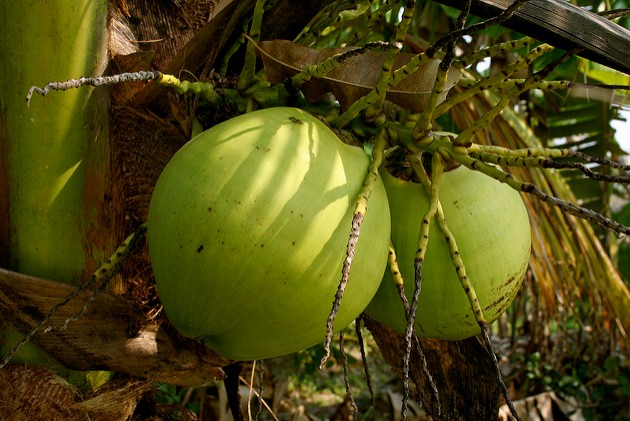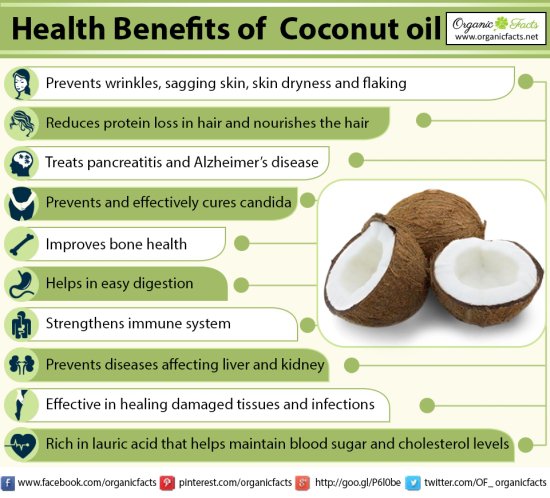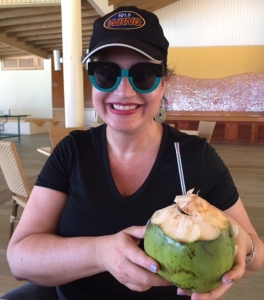
If you depend on trendy coconut water to stave off your morning hangovers, coconut oil to condition your hair, or coconut milk to flavor your lattes, you’ll want to start stocking up now on your elixir of choice, because the Caribbean is facing a serious shortage of the popular tropical fruit. An unfortunate trifecta of bad storms, problematic droughts, and an insect-borne fruit disease called “Lethal Yellowing” have all converged on the tropics to severely impact coconut farms’ production capacity, as locally, prices are up and supply is limited.
A coordinator of a Trinidadian coconut research program said, “It’s fair to say that at this pace, the Caribbean is running out of coconuts.”
This comes on the heels of a major boom in coconut consumption around the world. Coconut water alone is a nearly $4 billion industry, and the price of coconut oil has gone up about 50% since 2013.

Running out of this amazing resource just as the world is realizing the coconut’s full potential would be a horrible tragedy. EVERY SINGLE PART of the plant has a beneficial use.
Wikipedia:
The seed provides oil for frying, cooking, and making margarine. The white, fleshy part of the seed, the coconut meat, is used fresh or dried in cooking, especially in confections and desserts such as macaroons. Desiccated coconut or coconut milk made from it is frequently added to curries and other savory dishes. Coconut flour has also been developed for use in baking, to combat malnutrition. Coconut chips have been sold in the tourist regions of Hawaii and the Caribbean. Coconut butter is often used to describe solidified coconut oil, but has also been adopted as a name by certain specialty products made of coconut milk solids or puréed coconut meat and oil. Dried coconut is also used as the filling for many chocolate bars.
Here I am in Jamaica, trying out fresh from the tree coconut water, because it has so many health benefits. (It tasted good, but needed ice. And rum)








